MARKET OVERVIEW
Over the years, the Germany Modular Container market has gained substantial momentum and has emerged as an important sector under the larger industrial header. Modular containers that have now started finding use in various industrial, commercial and residential sectors – are finding growing demand owing to their utility and value for money. In Germany, the market, in general, has seen significant growth as companies and administrations grow increasingly inclined toward finding innovative ways to optimize usage of space and shrink construction costs.
Higher modules of this modular container market have come from Germany’s very advanced industrial base and infrastructures. Many companies today adapt to the modular construction techniques to meet temporary or space requirements. Be it office setup, retail space, or even residential units, modular containers are displayed as a practical and cheap solution in this country where space efficiency and sustainable development are coming high on the priority list.
A Germany Modular Container market offers a wide range of applications from temporary construction sites to permanent housing solutions. This market is driven by the need for sustainable construction practices since Germany seeks a reduction of carbon emissions and makes people more responsible towards their immediate environment. Modular containers are perceived as a rather favorable alternative to traditional construction. They also lower the demand for overstocked raw materials and waste, which altogether aligns with Germany’s environmental objectives. Modular containers are also very flexible; thus, they can easily be moved, erected, or relocated in a particular place, which has made them to be embraced so much for their use in different industries within Germany.
Another is the influence of urbanization on the market. Urban spaces are increasingly developed, and space becomes scarce. Modular containers will help conserve the area needed to be used. They allow speedy completion of living or working areas without the long timelines required when traditional techniques of building are used. This is more of a needed aspect in Germany’s urban areas, where real estate is expensive and highly sought after, and people are crammed into them.
German logistics and transportation infrastructure makes it an ideal location to expand the modular container market as strength in logistics and transportation makes easy transport, setup, and moving to instant locations. It is best suited for industries that would require temporary or mobile buildings for their respective operations-warehouses, pop-up stores, and event management among others. Modular containers prove a very practical and efficient solution for a business conducting operations in fast-moving environments or temporary operations.
Technologic advancements will be at the forefront of future development for Germany Modular Container. Based on design, material, and energy efficiency factors, the market is most likely to gain prominence. For instance, modular containers might showcase an increase in smart technology that improves further an entity’s control over energy consumption, climate conditions, and security. This will look to fill the growing demand for high-tech buildings that are sustainable.
Germany Modular Container market: Overall, the Germany Modular Container is an increasingly dynamic and fast-growing sector of the industry, inspired by the rapidly emerging demand for flexible, cost-effective, and environmentally friendly building solutions. As all industries in Germany go about their affairs today, all of them seek modular containers, and the role of this market is likely to be much more significant in how the future landscape of Germany unfolds.
Germany Modular Container market is estimated to reach $2747.2 Million by 2031; growing at a CAGR of 8.1% from 2024 to 2031.
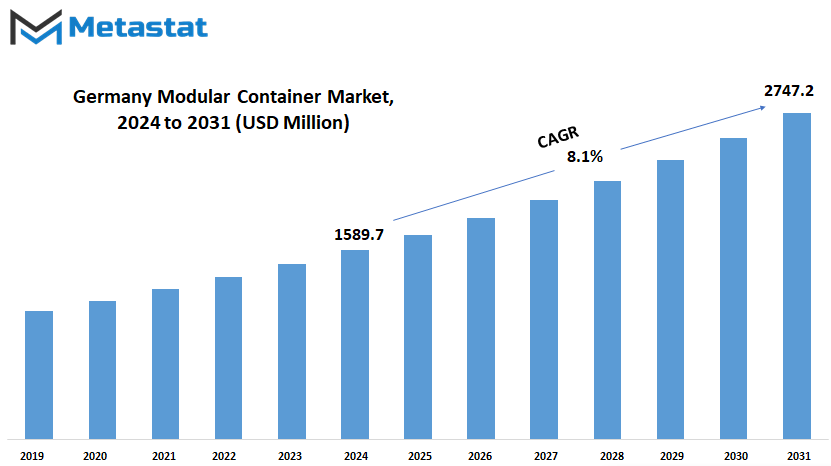
GROWTH FACTORS
The Germany modular container market is expected to grow significantly in the short term, primarily driven by several key factors. The primary factor that defines this market is the rising demand for highly flexible yet cost-effective construction solutions. Modular containers offer one of the most straightforward means through which consumers' rising demands for residential, commercial, and industrial spaces can be met. These containers are light in weight and easy to handle, install, and modify, thus suitable for almost all applications. With urbanization going on and space becoming increasingly scarce, the easy-to-set-up modular buildings will be helpful when eliminating long construction timelines.
Growing interest in sustainability and environmentally friendly construction methods are also among the other factors responsible for the market expansion. The recycled material in modular containers has made them even more environmentally friendly and due to their reusable nature, they have become highly appealing to people who lay more emphasis on the going green aspect. Since the reduction of carbon footprint has now become more of an issue, increase in demand for these containers in the market will be witnessed as companies and individuals adopt greener construction practices. For the trends of Germany to stick to the overall reduction of their environmental impact attention in this market will be seen in the modular container market.
However, there are some obstacles that could slow down the growth of modular containers in Germany. Among them, the regulatory landscape is among the leading challenges the industry could encounter. The rigorous building codes and standards will rather have objections to the massive use of modular containers for some projects. On the other hand, the industry is too traditional, and it takes a much longer time and effort to convince businesses to adopt modular options.
On the contrary, this industry will generate tremendous profits due to technological advancements. With every leap in innovation, the modular containers will be more sophisticated, with increased customization, energy efficiency, and durability. Besides that, the smart technologies integrated into these containers will make them more appealing for meeting changing needs of modern society. Modular containers can be applied in the future in other industries such as construction, healthcare, education, and temporary housing solutions in emergency cases.
Although there are many challenges that the modular container market in Germany may face, demand for versatile, environmentally friendly, and innovative building solutions continues to challenge the expansion of the market. Modular containers will most likely continue to play an ever-increasing role in the country's construction industries as new technologies emerge and environmental concerns persist.
MARKET SEGMENTATION
By Type
With the process of urbanization spreading rapidly, faster and more affordable building concepts are required to keep pace with this growth. Here, flexible and efficient building solutions increase demand, and modular containers are proving to be an attractive solution in this regard because they are adaptable yet affordable. These containers, whether mobile or fixed, offer an innovative approach towards construction, retail, as well as residential spaces.
The modular container market in Germany is categorized into two categories: the mobile modular container and the fixed modular container. Mobile modular containers have the ability to easily move from one location to another. They would be useful for many very temporary applications such as an event location or a construction site. It is very easy to shift and reassemble them in a different location, whereas the traditional building construction methods are impossible to do so. That itself is the level of convenience unmatched by anything else, making them especially pertinent in the world today in which businesses keep on changing and need only an adaptable space to keep track with them.
The fixed modular containers offer a much more permanent solution. These are usually applied when a more permanent edifice is required, but with the advantages of modular construction. They can be prepared according to certain requirements, thus it is the practical alternative to conventional buildings with no long times of construction or exorbitant costs. In the near future, fixed modular containers will be a necessary part of the German construction scenario, particularly in the industries of education, health care, and retail, that need fast, powerful, and long-lasting construction.
The Germany Modular Container market has a bright future ahead for the next quarter. Its further growth will be prompted by the emergence of eco-friendly and sustainable construction solutions. Energy efficiency and design flexibility are probable to increase with every development in the technology of modular containers as the competition can drive innovations in this field. With the emerging concern for sustainability and speed in the construction world, modular containers present an alternative that may increase demand in the next years.
Mobile and fixed modular container demand is on the rise, which is creating further growth and development in the Germany Modular Container market to meet the diversified needs efficaciously.
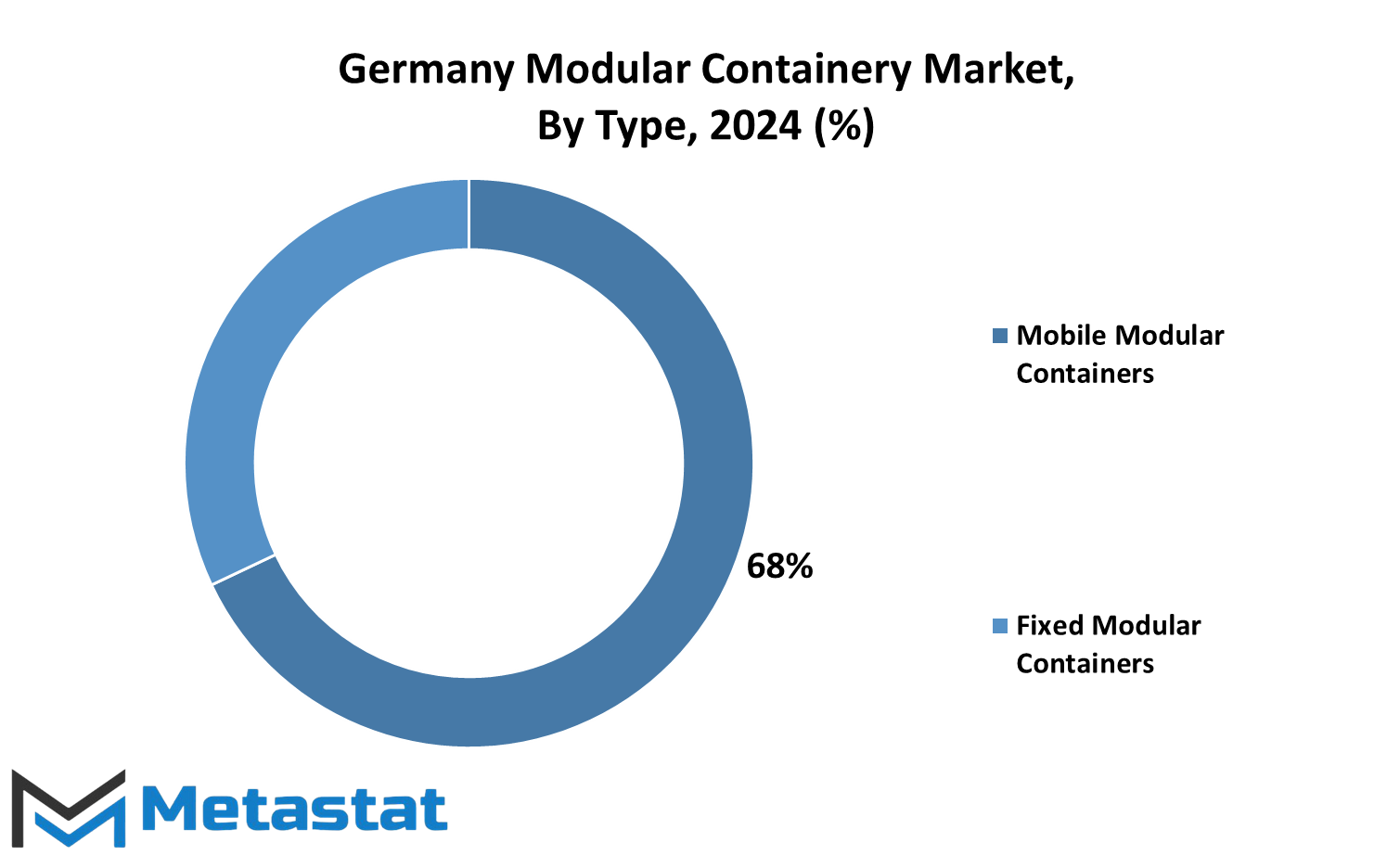
By Application
The Germany modular container market is expanding quite quickly as its applications are increasing in almost all sectors. Its adaptability, efficiency, and low-cost attribute make modular containers highly demanded by industries ranging from construction, industrial, education, healthcare, and automotive. In the near future, demand for modular containers in Germany will be more and other industries will soon become aware of the advantages they provide.
Modular containers are gaining popularity for construction purposes because they can be assembled over a relatively short time and adjusted for varying needs. They are usually used in temporary housing, offices, and storage on-site. Due to the continuous investment of Germany in infrastructure and housing projects, there will be a surge in demand for modular containers as developers are seeking cost-effective and quicker methods of constructing structures that are high-quality. The portability aspect makes them very suitable for construction sites that require structures to be moved around easily.
In the industrial field, modular containers make storage and working space more handy. The fact is that current factories and production plants are increasingly using these containers to develop versatile spaces capable of adapting to more or fewer demands. Their efficiency in developing temporary or permanent storage units, offices, or workshops will continue to increase the demand for modular containers in the industrial market. These will continue to be vital for the growth of industries in Germany thanks to their durability and versatility.
Modular containers will be employed in the education and healthcare sectors as ready alternatives for quick expansion of facilities. The container can be used by schools and universities to add more classrooms, labs, or offices. Hospitals and clinics can expand rooms or medical units using modular containers. With further uptrends in the demands of education and health facilities across Germany, modular containers will remain to be one source of very practical and quick solutions for use in overcoming space shortages in these fields.
Another big sector where modular containers find a place in Germany is the car industry: storage of parts, a temporary showroom, or even a testing space for vehicles. Since the automotive industry is headquartered in Germany, demand from the car industry for these modular containers is expected to pick up pace because it is one of the cost-effective and flexible space solutions for them.
By Container Size
At the same time, the modular container market in Germany has been showing significant growth over the past few years due to various drivers, such as urbanization, increased demand for flexible living and working spaces, and advanced construction technologies. Modular containers, with their flexibility and cost-effectiveness, are nowadays preferred for many purposes ranging from residential housing to commercial set-ups. This trend is likely to continue, as more and more individuals and organizations realize the enormous benefits that these containers can offer.
The market for modular containers in Germany can be separated based on size, including models under 10 feet, ones between 10 to 20 feet, from 21 to 40 feet, and over 40 feet. Each one provides space for specific requirements allowing them to cater to all forms of customer needs. In most cases, the use of smaller containers is selected either as a storage for materials or as an office facility for a site while construction is undergoing. It can be stored anywhere and thus transferred anywhere with ease, so useful for any short period activity. Containers of 10 to 20 feet are the most widely applied types for home and commercial purposes. Because of the said balance of space and manageability, they are well-suited for small homes, pop-up shops, as well as mobile classrooms. Of course, the adaptable nature of these containers means that they can be modified according to specific needs-a point that further pitches them in the market for value for money.
The 21 to 40 feet category has a far better space and, therefore allows larger living or working areas. They can be combined to produce bigger structures. Therefore, they are appropriate for projects that require more space. Their ability to be transformed into multipurpose spaces, offices, clinics, or community centers, shows how great ideas exist in the Germany modular container market.
Above 40 feet, the containers work amazingly for larger projects because they are very spacious and highly flexible. The large-sized units are used in permanent setups such as larger residential projects or significant commercial developments. Due to their size, creative design solutions are enabled so that businesses and individuals can create unique spaces showing off their vision.
As the modular container market in Germany evolves, size shall be one of the most important factors through which the different customers realize their needs. Growing demands for sustainability and efficiency in construction are to lead to modular container adoption and create adaptable spaces that respond to changing demands. In conclusion, the future of the Germany modular container market seems promising, taking into consideration growth opportunities and innovation in all possible sizes of containers, right from small to large ones, that could cater to the vast uses and preferences of the customers.
By Usage
The Germany Modular Container market is one of the innovative sectors that continues to gain momentum in responding to the needs of an increasingly diverse range of industries. Modular containers, harmonious with flexibility and efficiency, have proven as business and organizational solutions throughout the country. These containers help serve multiple purposes, thereby creating versatile creative applications in different environments. While the market offers various types of modular containers tailored to specific needs, it ensures that the customers find the right solution for their requirements.
Usage of modular containers can be categorized into several individual types including office containers, sanitary containers, locker containers, showroom containers, accommodation containers, storage containers, and others. Modular office containers are developed to create a functional workspace easily portable and deployed directly at the site of use. That is very helpful for construction sites or lonely places where an office setup like usual is impossible. These shipping containers will most often already have basic amenities onboard so that work can be efficiently carried out anywhere.
Sanitary containers are necessary for any industries that promote hygiene, such as healthcare or large events. These containments are equipped with essential amenities like restrooms and wash stations. More outdoor activities and on-demand constructions could spur an increasing need for sanitary containers.
Locker containers are convenient, safe storage options for personal effects in schools, gyms, and companies. This is because of convenience and excellent security features and is a great choice for organizations wanting to appease employees’ and visitors’ needs by providing them with a safer compartment to keep their belongings.
Showroom containers definitely provide a unique opportunity for a business to showcase its products. Containers can be designed in an attractive manner that assures an image commensurate with the brand’s needs. Portable and hence often moved into various premises for more promotional events or exhibitions, this facility is much needed in today’s market that has become increasingly competitive. Change in trend and consumer demand demands quick adaptation in businesses operating in such a market.
Accommodation containers are mainly used as housing solutions for temporary workforces. They provide a comfortable living area that can be deployed quickly to respond to emergencies or other temporary housing operations. Lastly, storage containers play an essential role in the business because they provide a secured and accessible storing space for goods, which enables companies to run their operations smoothly.
On the whole, modular container industry of Germany is likely to grow since industries would require flexible and affordable solutions. Modular containers will therefore play a huge role in shaping the way business will be done in the near future by setting and how challenges may be responded to.
|
Report Coverage |
Details |
|
Forecast Period |
2024-2031 |
|
Market Size in 2024 |
$1589.7 Million |
|
Market Size by 2031 |
$2747.2 Million |
|
Growth Rate from 2024 to 2031 |
8.1% |
|
Base Year |
2022 |
COMPETITIVE PLAYERS
The Germany Modular Container market is one of the innovative sectors that continues to gain momentum in responding to the needs of an increasingly diverse range of industries. Modular containers, harmonious with flexibility and efficiency, have proven as business and organizational solutions throughout the country. These containers help serve multiple purposes, thereby creating versatile creative applications in different environments. While the market offers various types of modular containers tailored to specific needs, it ensures that the customers find the right solution for their requirements.
Usage of modular containers can be categorized into several individual types including office containers, sanitary containers, locker containers, showroom containers, accommodation containers, storage containers, and others. Modular office containers are developed to create a functional workspace easily portable and deployed directly at the site of use. That is very helpful for construction sites or lonely places where an office setup like usual is impossible. These shipping containers will most often already have basic amenities onboard so that work can be efficiently carried out anywhere.
Sanitary containers are necessary for any industries that promote hygiene, such as healthcare or large events. These containments are equipped with essential amenities like restrooms and wash stations. More outdoor activities and on-demand constructions could spur an increasing need for sanitary containers.
Locker containers are convenient, safe storage options for personal effects in schools, gyms, and companies. This is because of convenience and excellent security features and is a great choice for organizations wanting to appease employees' and visitors' needs by providing them with a safer compartment to keep their belongings.
Showroom containers definitely provide a unique opportunity for a business to showcase its products. Containers can be designed in an attractive manner that assures an image commensurate with the brand's needs. Portable and hence often moved into various premises for more promotional events or exhibitions, this facility is much needed in today's market that has become increasingly competitive. Change in trend and consumer demand demands quick adaptation in businesses operating in such a market.
Accommodation containers are mainly used as housing solutions for temporary workforces. They provide a comfortable living area that can be deployed quickly to respond to emergencies or other temporary housing operations. Lastly, storage containers play an essential role in the business because they provide a secured and accessible storing space for goods, which enables companies to run their operations smoothly.
On the whole, modular container industry of Germany is likely to grow since industries would require flexible and affordable solutions. Modular containers will therefore play a huge role in shaping the way business will be done in the near future by setting and how challenges may be responded to.
Germany Modular Container Market Key Segments:
By Type
- Mobile Modular Containers
- Fixed Modular Containers
By Application
- Construction
- Industrial
- Education
- Healthcare
- Automotive
- Others
By Container Size
- Below 10 Feet
- 10-20 Feet
- 21-40 Feet
- Above 40 Feet
By Usage
- Office Container
- Sanitary Container
- Locker Container
- Showroom Containers
- Accommodation Containers
- Storage Containers
- Others
Key Germany Modular Container Industry Players
- Algeco
- Tempohousing
- MODULE-T PREFABRIK SYSTEMS DIS TIC LTD STI
- Prefabex Modular Building Solutions
- CONTAINEX Container
- Portakabin Ltd.
- Karmod Prefabricated Technologies
- ProContain GmbH
- Fagsi
- MB Modular Buildings
- Hacobau GmbH
- PH Container GmbH
- SÄBU Morsbach GmbH
- KLEUSBERG GmbH & Co. KG
- BS Container
WHAT REPORT PROVIDES
- Full in-depth analysis of the parent Industry
- Important changes in market and its dynamics
- Segmentation details of the market
- Former, on-going, and projected market analysis in terms of volume and value
- Assessment of niche industry developments
- Market share analysis
- Key strategies of major players
- Emerging segments and regional growth potential



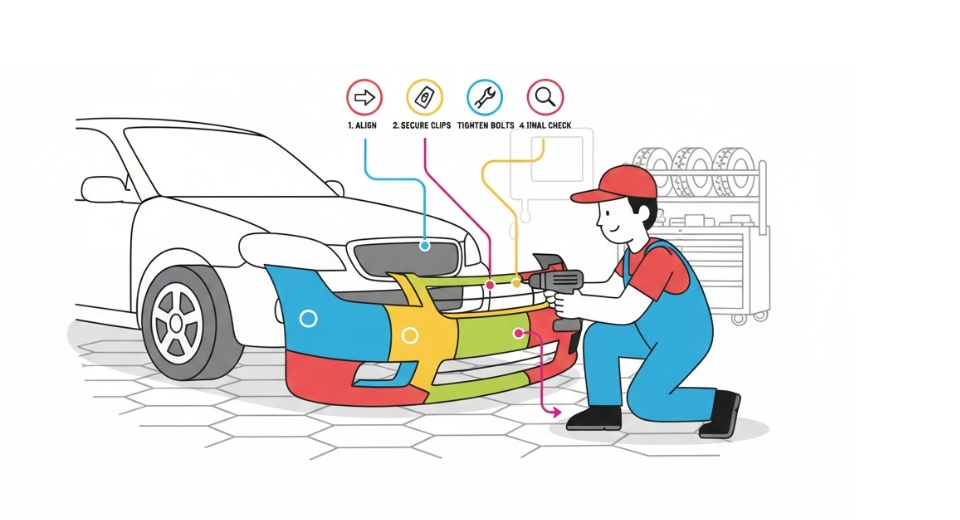
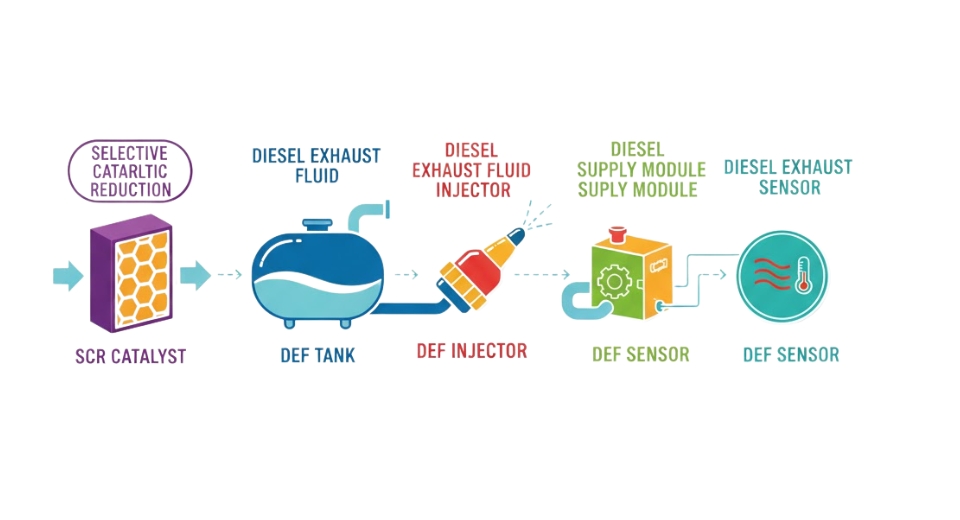
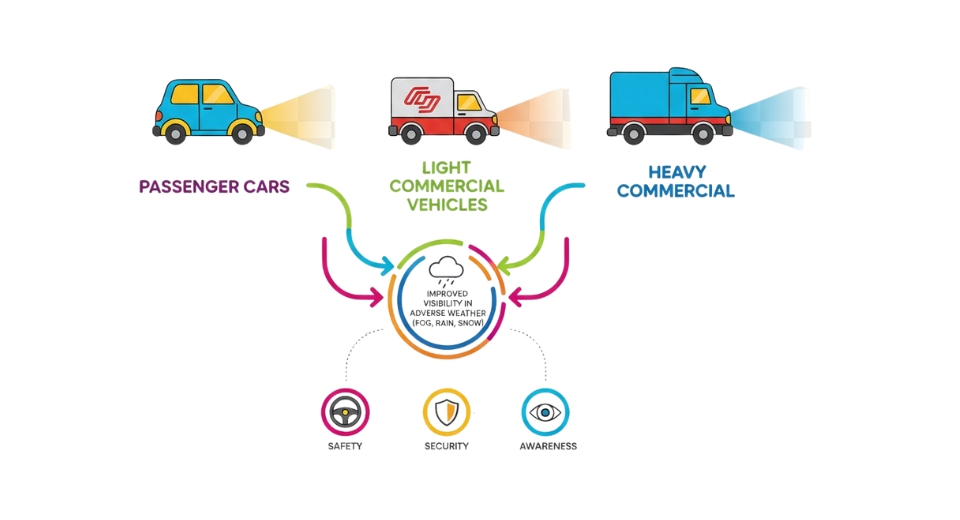
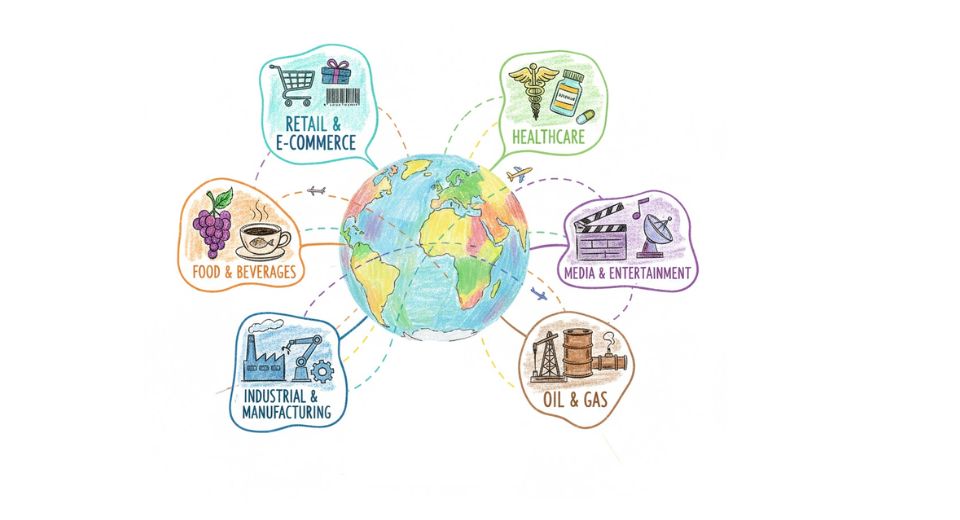

 US: +1 3023308252
US: +1 3023308252






